The tech that will change the way we travel
From driverless cars to supersonic jets and flying taxis

Main image: Lilium is planning an air taxi service using aircraft that can take off and land vertially. Image credit: Lilium
For the majority of us, travel – whether that be a daily commute, visiting friends and family, or going on vacation – generally involves sitting in gridlocked traffic, being cramped on airplanes, or attempting navigation in countries where we don’t speak the language.
Nine times out of 10, the pains of getting from A to B not only invite deep annoyance, but gobble up huge chunks of time. And while we curse and moan, most of the time, we accept this stress as par for the course.
Thankfully, not everyone is willing to do the same. Countless companies, startups, and projects are working to streamline our travel experience. From supersonic jets, air taxis, and driverless cars to medical apps and translation tools, soon the irritations mentioned above could become a thing of the past.
Here’s our guide to just some of the companies and projects that have the potential to change the way we travel.
nuTonomy’s driverless cars
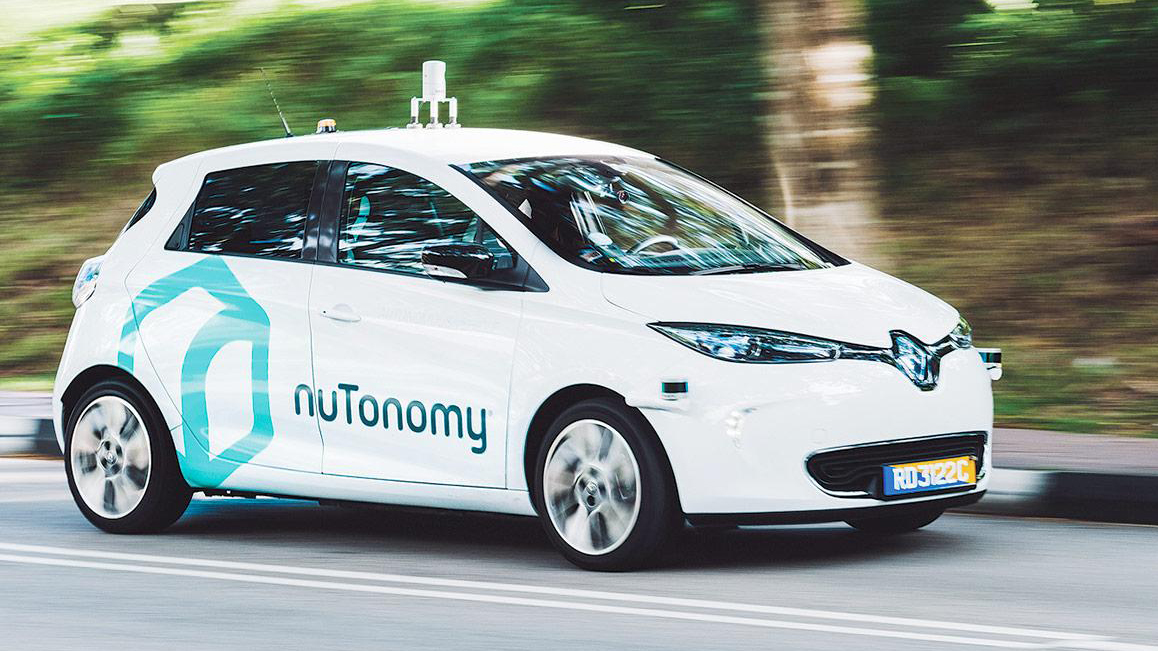
Aiming to bring 'Tomorrow’s Car' to today’s roads, nuTonomy is working on making driverless vehicles commonplace across the globe. In the search for green, forward-thinking solutions in the tech world, nuTonomy has teamed up with on-demand mobility company Lyft to introduce a pilot scheme that, in theory, has the potential to “eliminate accidents due to driver error” and “maximize vehicle utility”.
The cars come with a safety driver, mapping, and a built-in sensor system, which can apparently react quicker to external stimuli than humans are able to. In addition to road safety, it could cut down a bunch of stressful scenarios, such as trying to find somewhere to park, or tackling street layouts in unfamiliar cities.
Sign up for breaking news, reviews, opinion, top tech deals, and more.
Hyperloop One’s super-fast trains
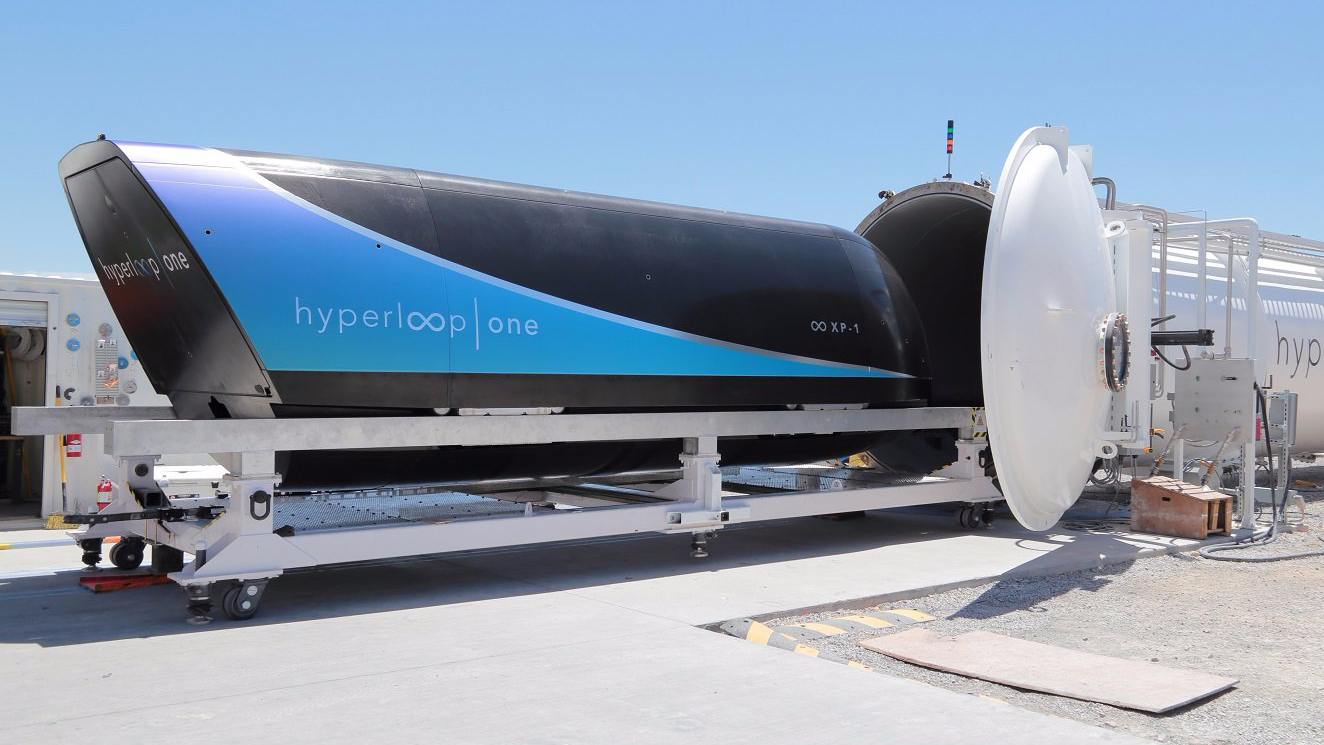
Unless you have all the time in the world to kill on aeon-long train journeys, no doubt you’d appreciate someone stepping in and cutting your travel time in half. Enter Hyperloop One, Elon Musk’s brainchild which is now being spearheaded by Richard Branson's Virgin, and which promises to shave hours off traditional journey lengths.
By transporting passengers along a vacuum-sealed track at 1,200kph, a journey from Los Angeles to Las Vegas, for example, which usually takes 3.5 hours by flight, would only take 30 minutes; London to Edinburgh would take 40 minutes; New York to Montreal would take the same. With electromagnets used to accelerate the trains, not only will journeys be unthinkably fast, passengers should experience little to no turbulence.
Lilium’s air taxis

Lilum has produced the world’s first electric vertical takeoff and landing jet, with the sleek, pod-like craft designed for use as flying taxis. Planning a pay-per-ride model that allows you to order at the press of a button, Lilium wants to not only make air taxis a thing, but make them accessible and affordable for anyone.
The potential benefits are huge: no more sitting in rage-inducing, time-gobbling traffic jams, great views on your commute, sliced journey time (the jets fly as fast as a Formula One car at 185mph – and, as they’re all-electric, you’ll be helping to reduce pollution, too.
Boom Supersonic's jets
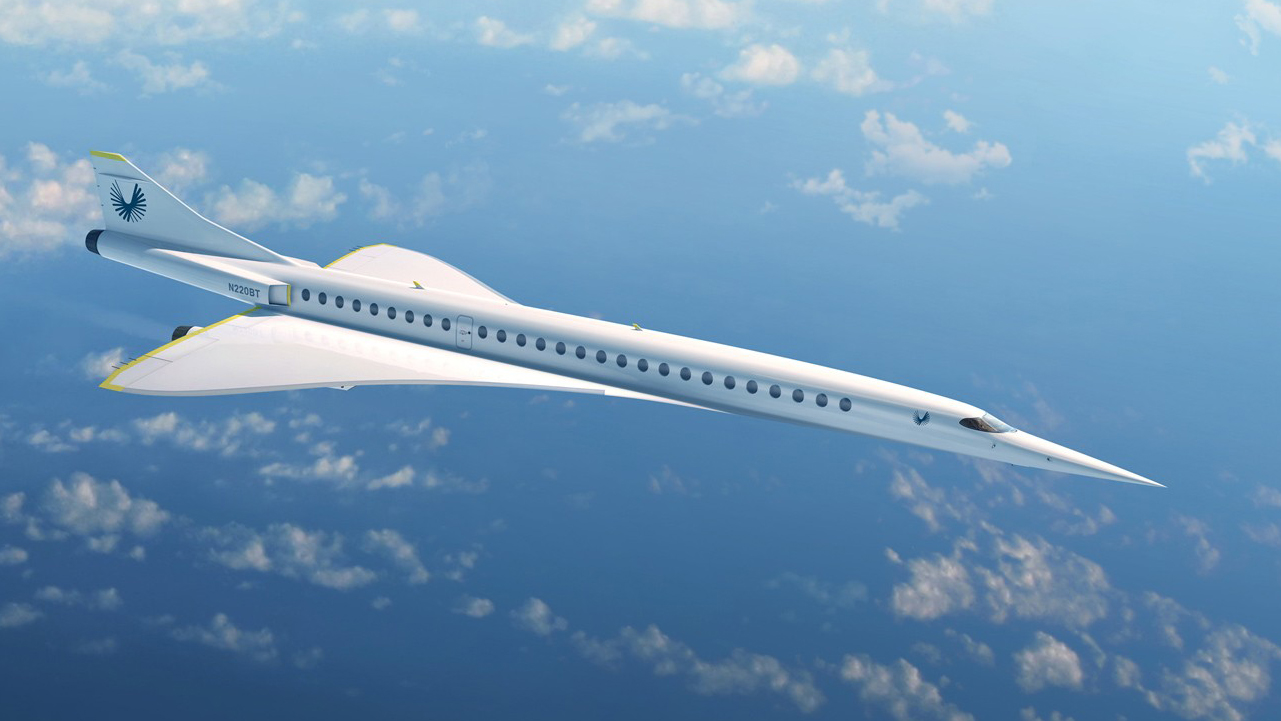
How would you like to fly from Sydney to Los Angeles in under seven hours, rather than 15? Or New York to London in just over three hours? Super-short flights could soon be a reality thanks to Boom Supersonic, whose proposed 55-seat airliner aims to revive the Concorde era and promises to cut current journey times in half.
Boom’s hope is that 2,000 of its aircraft will eventually service 500 destinations worldwide, with passenger flights starting in 2025. Of course, the price tag attached is hefty – approximately £2,000 / $2,500 for a London to New York flight – but Boom CEO Blake Scholl promises that it won't just be a “private jet for the ultra-wealthy”.
Magic Leap’s translation headset
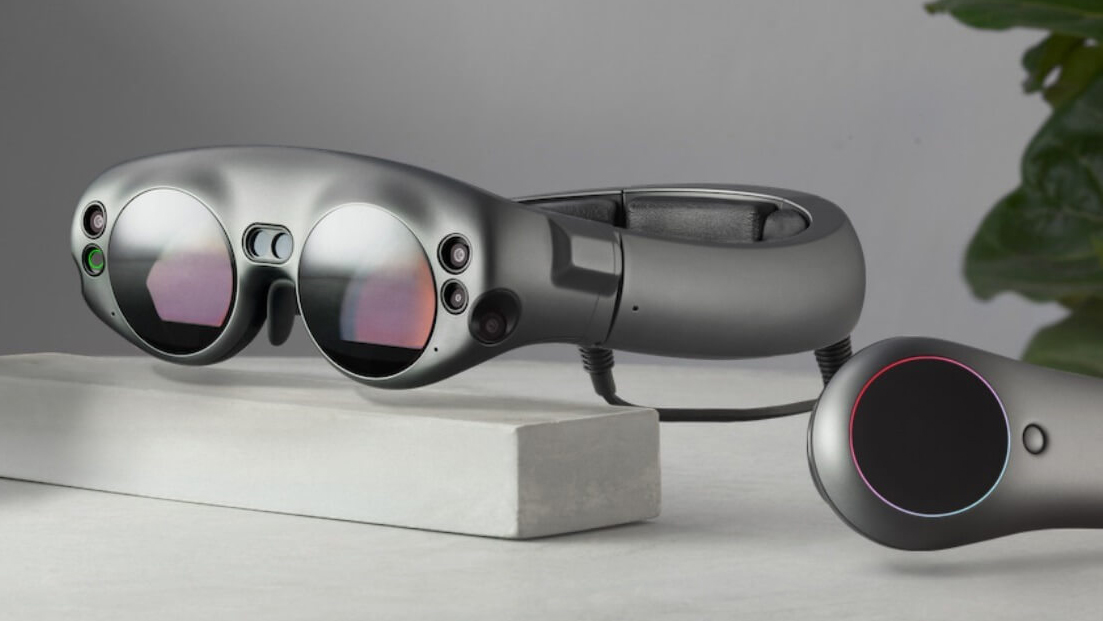
Without a doubt, one of the most daunting aspects of driving abroad is not being able to comprehend road signs – will you take the wrong turn and end up in a ditch? Will you drive in the wrong direction and stay on unknown roads for the rest of eternity? Magic Leap hopes to put an end to such worries. It's filed a patent for an app for its Magic Leap One headset that's able to translate text on roads signs, delivering the correct information in your language via the headset.
The tech would have benefits for the deaf and hearing-impaired too, as it can also recognize sign language.
SkyLights in-flight VR
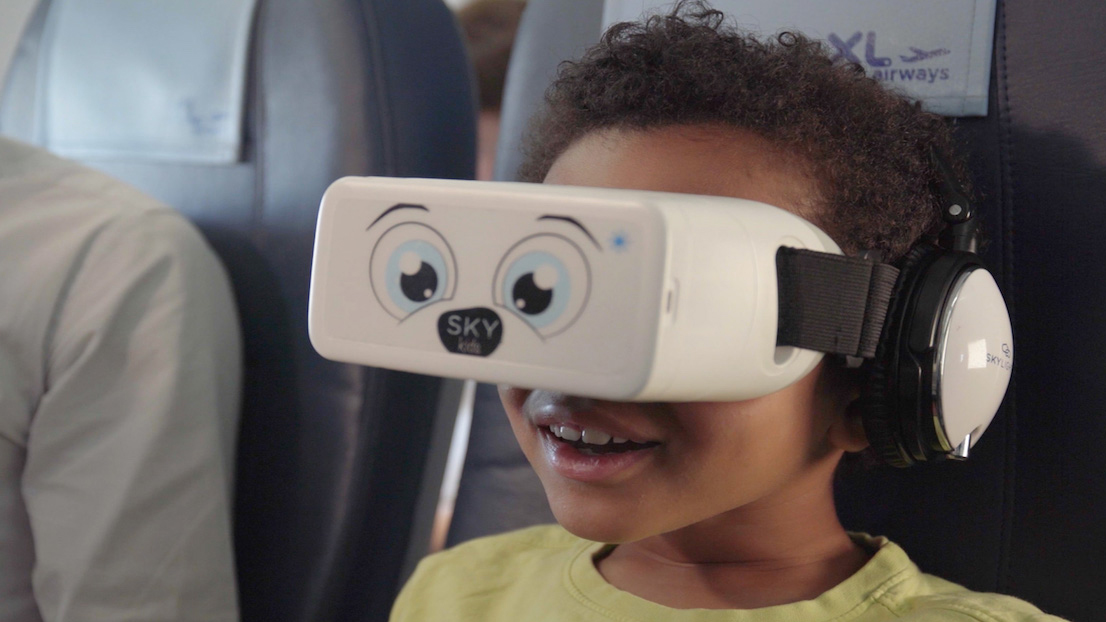
If traditional in-flight entertainment isn’t doing it for you, then SkyLights’ VR headsets are definitely worth checking out. Offering an immersive cinematic experience from the comfort of your plane seat, the headsets promise to keep you and (perhaps most importantly) the children around you enthralled for hours.
The sets weigh in at 120g, boast a battery life of six hours, and can store up to 40 movies loaded with 2D and 3D capabilities, plus five VR titles. SkyLights already has agreements with studios such as 20th Century Fox, DreamWorks, Warner Bros, Lionsgate, and National Geographic. If the sets are rolled out by airlines – Emirates tested them back in April – the service will be complimentary.
Waverly Labs’ translation earpieces

If you’re looking for an alternative to Google’s Pixel Buds, Wavery Labs’ translating earpiece could be the way to go. Like an actual Babel Fish, you simply pop the buds in your ears to experience real-time language translation. The buds allow for conversations between languages without delays, and you can ask for directions without losing face in over 15 countries.
While the Lost in Translation vibe is undoubtedly part of the excitement when venturing overseas, these buds have the potential to save travelers (especially solo travelers) from sticky situations. And they look pretty cool, too.
Medigo: medical care wherever you are

You may already have heard of Berlin-based startup, Medigo, whose app aims to make searching for medical assistance abroad effortless. The company connects you with medical professionals around the world, meaning the stress of finding a doctor who speaks your language is largely eliminated.
What’s more, the platform helps you schedule appointments, is linked with thousands of experts, hospitals, and clinics, and provides reviews from previous patients.
TechRadar's Next Up series is brought to you in association with Honor

- Get rewards for your next trip with the best credit cards for travel (US only)